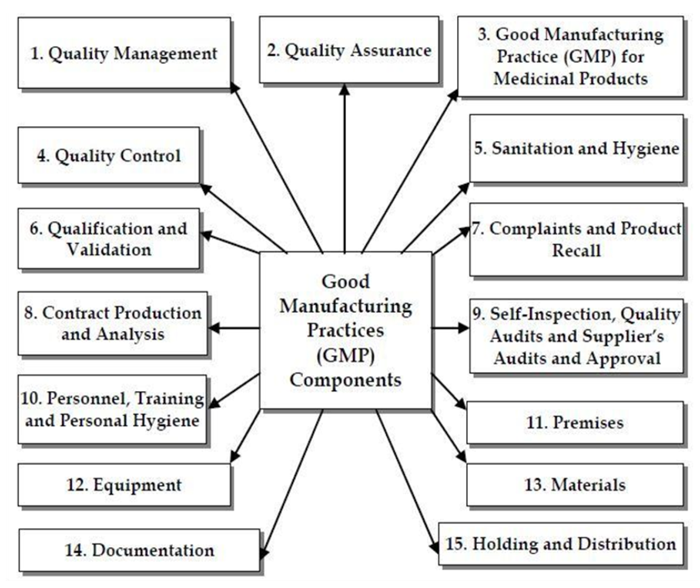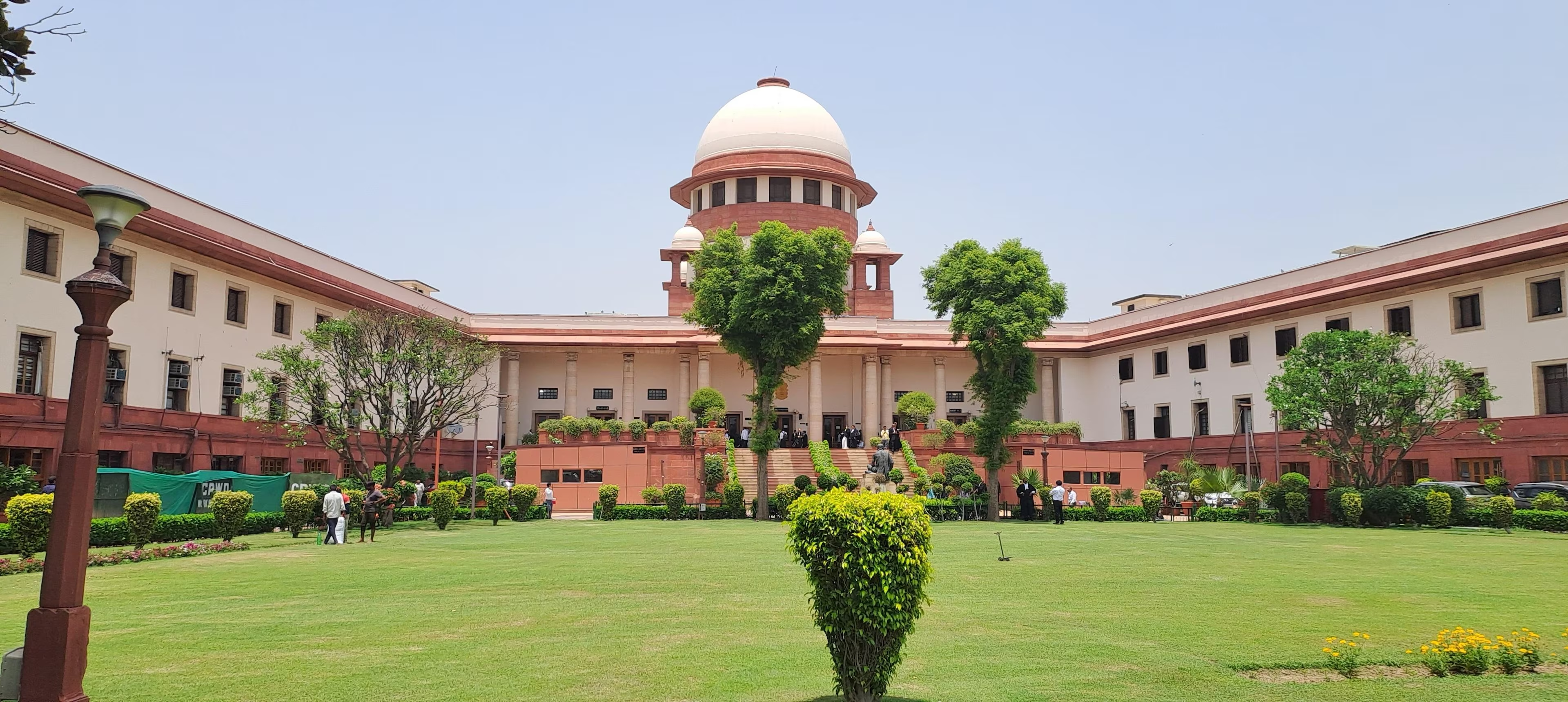- Courses
- GS Full Course 1 Year
- GS Full Course 2 Year
- GS Full Course 3 Year
- GS Full Course Till Selection
- CSAT
- 5 LAYERED ARJUNA Mentorship
- Public Administration Optional
- Online Program
- GS Recorded Course
- NCERT (Recorded 500+ Hours)
- Polity Recorded Course
- Geography Recorded Course
- Economy Recorded Course
- AMAC Recorded Course
- Modern India, Post Independence & World History
- Environment Recoded Course
- Governance Recoded Course
- Science & Tech. Recoded Course
- International Relations and Internal Security Recorded Course
- Disaster Management Module Course
- Ethics Recoded Course
- Essay Recoded Course
- Current Affairs Recoded Course
- ABOUT US
- OUR TOPPERS
- TEST SERIES
- FREE STUDY MATERIAL
- VIDEOS
- CONTACT US
Revised Good Manufacturing Practices
Revised Good Manufacturing Practices
-1691585850020.png)
Latest Context:
Recently, the Indian government ordered all pharmaceutical companies to implement the revised Good Manufacturing Practices (GMP), bringing their processes at par with international standards.
What are Good Manufacturing Practices (GMP)?
-
GMP are a set of guidelines and regulations that ensure the consistent production of high-quality and safe products in various industries, especially those involving pharmaceuticals, food, cosmetics, and medical devices.
-
GMP guidelines are designed to ensure that products are manufactured, processed, tested, and packaged in a controlled and standardized manner to minimize the risk of contamination, errors, and deviations that could impact the quality, safety and efficacy of the final product.
-
WHO has established detailed guidelines for GMP and many countries of the world have formulated their own GMP based on WHO GMP.

Major changes in revised GMP guidelines are:
-
Basically, the new guidelines introduced a provision of “pharmaceutical quality system”, which focuses on the establishment of a comprehensive quality management system throughout the manufacturing process.
-
Now, companies should implement quality risk management practices to identify potential risks to the quality of their products and to take appropriate steps in this direction.
-
Regular quality reviews of all products are mandated by the guidelines to ensure consistency in quality and processes.
-
These guidelines focus on the use of computerized systems to handle GMP-related processes.
-
The products used in clinical trials should meet the necessary quality and safety standards.
What is the need of revised GMP Guidelines?
-
Implementation of these new guidelines will bring the Indian industry at par with the international standards.
-
Many incidents have been reported, where other countries have reported contamination in Indian syrups, eye-drops etc.
-
A recent inspection found high deficiencies in almost 162 manufacturing units in India.
-
At present, only 2,000 out of 10,500 drug manufacturing units in India meet global standards. So, the improved standards will ensure that pharmaceutical companies should follow standard processes and quality control measures.
-
Same quality across the industry will provide confidence to regulators from other countries.
Conclusion and Way Forward
-
India's decision to implement revised GMP guidelines shows a big step towards achieving global quality standards in the pharmaceutical industry.
-
Following the revised GMP guidelines helps companies ensure the safety, quality, and efficacy of their products, while minimizing the risks associated with manufacturing processes.
Must Check: IAS Coaching Centre In Delhi



